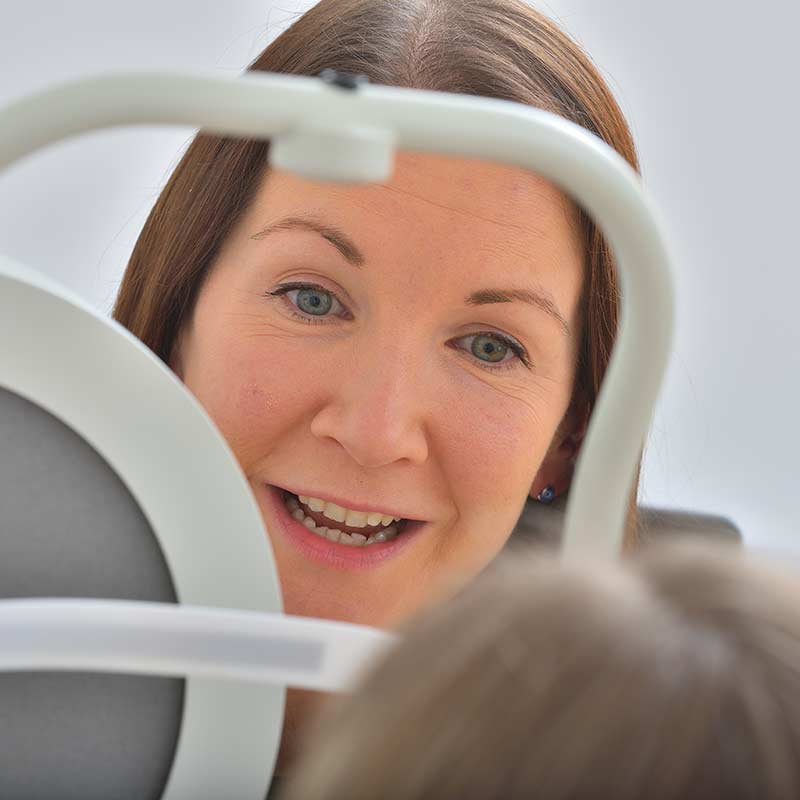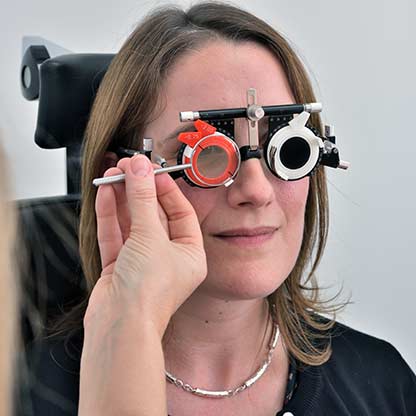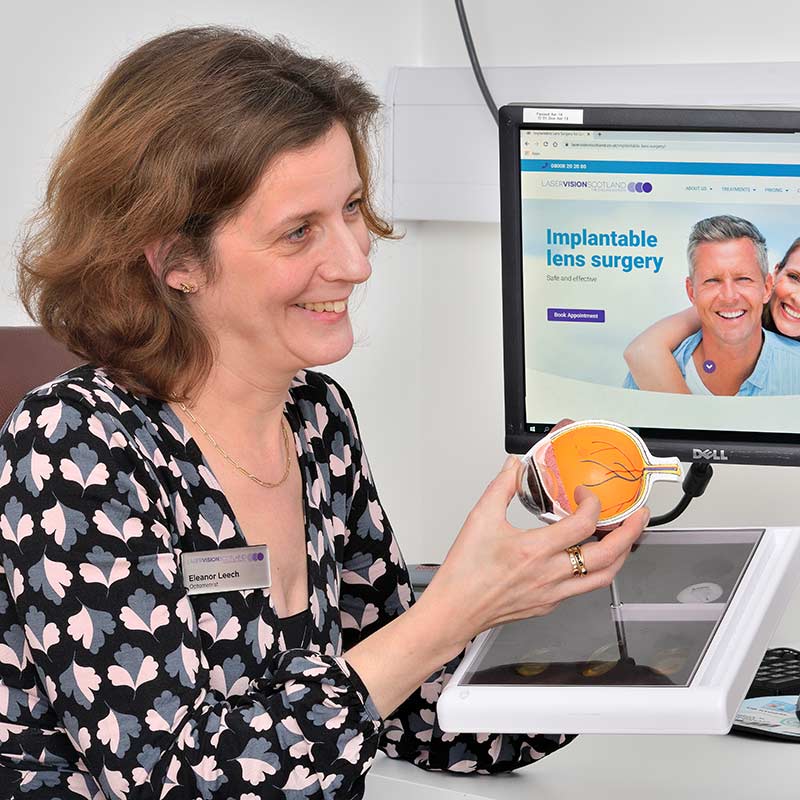- 08008 20 20 80
Menu
Menu

Laser Vision Scotland Customer Service:
Sarah Martin and Victoria Beesley are always available to help no matter the issue. They have a wealth of information and direct access to your consultant should you need specialist advice.

If you need to see us for any reason following your surgery you can contact us to arrange a check-up. This appointment is part of the inclusive package of care so is free of charge.
You’ve arranged your consultation but have a query? The most frequently asked questions are below.
If your query is not covered here, please contact us on 0800 8202080
Contact Lenses: You should refrain from wearing them for 7 days prior to your appointment. For soft lenses, you should have at least 7 days contact lens free, and for hard lenses, please remove for 10 days prior to appointment.
Questions: It is always helpful to arrive with a list of questions you would like to cover while attending your consultation. It is easy to forget when you’re in the room with the consultant.
At your consultation you will meet a specialist optometrist who will carry out a number of measurements on your eyes. This information is used to determine the best procedure and/or lens implant required for your eyes. You optometrist will spend up to an hour carrying out these diagnostic tests, talking you through your options for surgery and answering any questions you may have.
You will also meet your Consultant Ophthalmic Surgeon. Your surgeon will receive your diagnostic test results and talk you through options such as the type of lenses available to you, what happens during your procedure and the aftercare. They will also spend time covering the risks and benefits of treatment.
We understand that vision correction surgery is not cheap. Read our blog to understand why treatment costs what it costs.
Whether you are having lens replacement surgery for vision correction or cataract surgery, here’s a guide to choosing the right lenses for you.

It is always a good idea to make your life as easy as possible for the few days preceding surgery. Make up a few meals that you can simply pop in the microwave. Fill the kettle with water ready to be boiled and leave a tea bag in a mug. Make sure you have essential supplies in so you don’t need to go to the shops.
If you have a dog, ask a neighbour to walk him or her for the first 48 hours.
We have a great article on ways to minimise recovery time from cataract surgery, read here
© 2019 Laser Vision Scotland. All rights reserved.